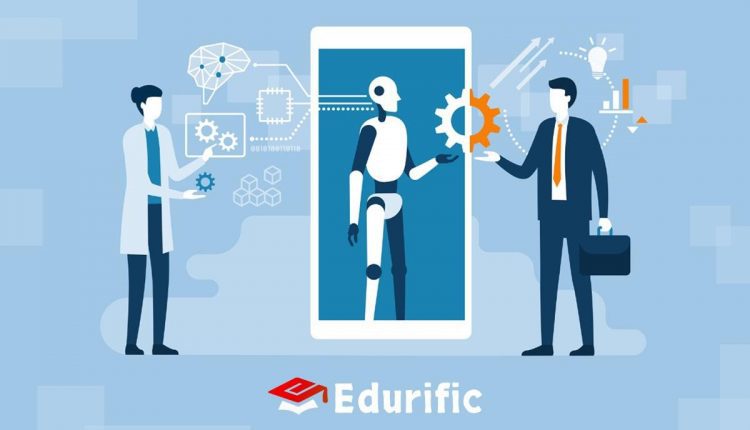How will technology change our lives in the next twenty years?
As we all know that technology is increasing by connecting with boundaries. Technology has completely changed our lives and comforts. We know that the existence of the University of Takshila which was one of the first things in the world included the study of physics, chemistry, medical, astrology, astronomy etc. Jawaharlal Nehru has launched advanced science and technology in India. For the next 20 years, we will rely entirely on technology. In 1951, the first IIT was established in Kharagpur to increase the importance of technology and education. We now know that the I7 processor on laptops is available but in the future, the I9 and I11 processor will be available using commands very quickly. It will only work with a multi-use system. Today when we are looking for something we go to the kitchen and pick it up but next time we will take the same technology with remote or infrared radiation. We know that on the motorcycle came 2 strokes and then 4 strokes, now in 20 years a stroke engine will come which takes 2 sides each in one process.
1. Prevention of disease
Clocks and wearable devices currently on the market can monitor our heart rate and how many calories we burn when we exercise. Future software will allow the wearable technology to monitor blood sugar levels, oxygen consumption and even changes in hormone levels. Your watch can tell you when your stress levels are rising. When you need food and what would be the best food choices at that time of good health. Today we are at the forefront of cancer treatment, in 20 years. Our wearable technology can actually help prevent it in the first place.
2. Minimum driving time
With managed it service solutions in Indiana, We are already seeing parking cars and self-driving cars on the road, but technological advances have already reduced our need to use cars from the beginning. As it stands, features such as video conferencing and cloud computing allow more businesses to offer their employees. Freedom to work remotely, let alone hire someone from India as easily as someone from Indiana. This is not just a matter of reducing the time spent every day. But it also significantly reduces the number of people who need even cars in the first place.
Public transportation is also rapidly evolving as a car sharing service and also hiring services such as Uber and Lyft. The time may come when people will no longer need a driver’s license because either they will not drive at all or their car will drive itself. With fewer cars on the road – and perhaps the lowest roads – this will lead to cooler air and less pollution. This can lead to more people going outside and enjoying the fresh air. Few cars will also lead the trend away from major shopping malls and mega marches with little interest. Local stores within walking distance – which will also get extra benefits for a lifetime.
3. Less time spent on routine activities
Twenty years ago, when you went to the store, the inspector had to remove each article from your basket. Also, handwrite the price of each item in the cash register. Today, testers simply use the bar code on top of the scanner – if there is a test at all. Testing is much easier. Most people prefer to test themselves rather than wait in line for someone to do it for them.
In the future, there will be no exit lines at all, as the scanners will simply scan any items you leave. A store that has your financial account and automatically withdraws it. Most items will actually be ordered by your equipment and immediately delivered to your home. Most likely with a drone or a robot. Even your visit to the doctor will start with a drone or robot that checks your values. Hormone levels also perform many basic tests, which will include access to information from your health care provider.
All in all technological advances are automated to take over our normal day-to-day activities, as well as the most common business, scientific and medical activities.
Technology has the power to do many things, and to change the world is one of them.
We have the right to live in a time when science and technology can help us, simplify our lives and rethink the paths we take in our daily lives.
The technologies we have already identified and familiar with have opened the way for us to be able to innovate, and this list of current and future technologies has the potential to change our lives dramatically.


